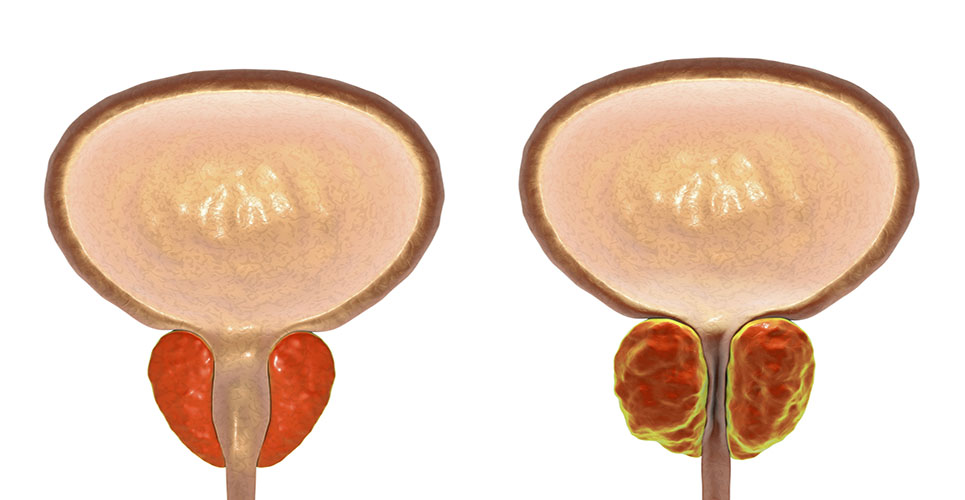teaser
Older men who receive testosterone replacement therapy because of low testosterone are no more likely to get prostate cancer than similarly aged men not receiving testosterone, according to a recent study. The results will be presented at The Endocrine Society’s 90th Annual Meeting in San Francisco.
Prostate cancer is a concern regarding testosterone therapy in older men, said lead author Aksam Yassin, MD, PhD, of the Clinic for Urology and Andrology of the Segeberger Clinics in Norderstedt, Germany. “Testosterone treatment stimulates the growth of an existing prostate cancer, but there is no evidence that it causes this type of cancer,” he said.
The risk of prostate cancer and testosterone deficiency increases with age. Therefore, it is possible that a prostate cancer may occur in an older man during testosterone replacement therapy, which is unrelated to treatment, Dr Yassin said.
His research, performed with scientists from Germany and the United Arab Emirates, aimed to determine if prostate cancer occurs more often with testosterone replacement therapy in men over 50.
The study comprised 154 patients received testosterone injections in a hospital clinic in Bremerhaven, Germany. Testosterone was a slow-release form called testosterone undecanoate (brand name Nebido).
“There is increasing evidence that testosterone replacement therapy in testosterone-deficient men can improve their symptoms, such as decreased bone and muscle mass and low sex drive and depression,” said Dr Yassin.
“In view of the many benefits of treatment and the results of our study, we believe it is acceptably safe to treat older men with testosterone if there is a good reason for treatment.”

